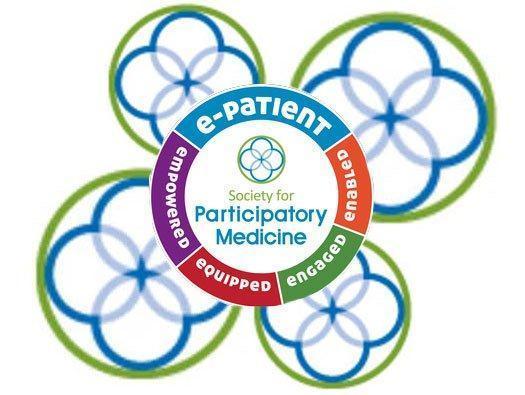Recently I connected a patient expert in insurance and provider billing with a patient at the tail end of chemo struggling with huge unexpected bills. I introduced a cancer survivor with web design skills to a patient advocate setting up a new blog. I linked a parent of a 10-year-old child with severe disabilities with a new parent discovering his child has disabilities. She’s coaching him in self-care and care management.
I’m struck by the breadth and depth of professional and life skills I find as I explore e-patient communities. e-Patients have lived experience. I encountered the concept of lived experience first while working in the mental health world. According to the Mental Health Coalition of South Australia (MHCSA) a lived experience worker is “a person who is employed in a role that requires them to identify as being, or having been a mental health consumer or carer.” The Geek Feminism Wiki says the term lived experience is used to describe the first-hand accounts and impressions of living as a member of a minority or oppressed group. When women talk about what it’s like to be female in a predominantly male geek community, they are describing their lived experiences. I’ve heard about lived experience from partners of veterans with PTSD, ICU survivors, cancer survivors, and parents of children with disability.
You could view lived experience as a redundant term – is there unlived experience? When we shift to expert with lived experience the redundancy starts to make sense. It’s for emphasis. Experts with lived experience can help each other in two ways. 1. As peers to help manage life and health care as others can’t. Examples include care planning, home accessibility, financial management, team coordination, record consolidation, coaching and self-care 2. Experts with lived experience can help each other earn a living in the gig economy, such as providing services in social media and web development, strategic planning, financial management, business development, user testing, coaching, and grant writing.
People with lived experience should be paid for their expertise. I appreciate when people help me pro bono and I gladly volunteer to help others. But I’d like the opportunity to be paid for my skill and I think I should pay for others’ skill helping me better manage a stressful situation or ply my trade. I’m working on this. More to come.
Lived experience + expertise = value for the expert and the consumer/customer.







Recent Comments